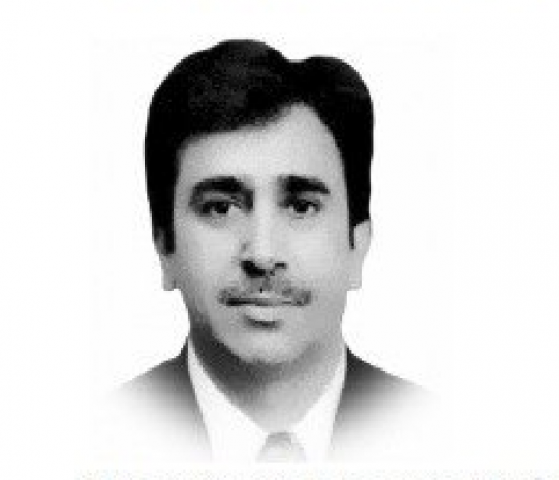The tricky question of recognising Taliban 2.0
Today, Afghanistan poses a global challenge requiring a global response

The international community stands shell-shocked by the sweep and swiftness of the Taliban return to power in Kabul. Viewing the current situation in Afghanistan from the lens of 90s can compromise our understanding of the unfolding scenario. Back in 1990s, the international geo-political landscape was diametrically different from today. Soon after the humiliating defeat suffered by the Soviets, America disengaged itself from the proxy warfare in the country whereas the vanquished USSR neither had any strategic incentive nor the political will to play any further role there. China too had yet to arrive on the global stage as a great power. Human rights abuses and nexus with al-Qaeda turned the Taliban regime repulsive to the European powers and America. The Iranians almost went to war with them. The only breathing space for Taliban came from the diplomatic recognition by Pakistan, Saudi Arabia and the UAE.
Contrary to the geopolitical ground realities of the 90s, the internal dynamics and the external drivers have radically changed now. First, the capacity to withstand the combined US-Nato military might for 20 years has established the Taliban as a resilient, capable and successful insurgent group. The Doha peace deal has legitimised them as a political force priding itself on the eventual victory against a superpower.
Second, the international and regional power configuration is far more favorable for Taliban. China has emerged as the world’s second largest economy and a great military power considered a challenger to the American global primacy. Buoyed by its energy resources, Russia is back on the global chessboard as an active player. Iran is a force to reckon with from the shores of Libya to the besieged Gaza. The Taliban’s exposure to international diplomacy in the process of peace talks with America and engagement with Russia and China has provided an assuring political clout to the group. More importantly, the group will be ruling Afghanistan at a time when regional geo-economic connectivity is gaining growing importance. Afghanistan, being the land bridge in Eurasia, is bound to attract economic stakes especially of the neighboring countries.
An immediate and the biggest challenge for the regime is to get international recognition, particularly from the neighboring states and the major powers. The initial reaction of the regional stakeholders — Pakistan, Iran, China and Russia — is suggestive of the realisation of Taliban being a political reality needed to be dealt with constructively in the interest of world peace.
More specifically, real challenge to the political legitimacy of the Taliban government will come from the US and its European allies that dominate the global financial system directly, and through IMF and World Bank. Afghanistan remains in the dire need of economic support. Following the fall of Kabul to the Taliban, all American and European economic assistance to Kabul has been suspended. Taliban observing international norms and values can pave the way for their eventual recognition by the US and the West.
Unlike the geopolitical milieu of 1990s, the global environment for the Taliban seems far more conducive for global legitimacy as sovereign rulers. However, given the complexity of the diverse regional and global geopolitical and geo-economic dynamics, it’s not going to be a smooth sailing. The continued operations of the Russian, Chinese, Iranian and Pakistani diplomatic missions are reflective of the difference in international approach to the tectonic shift in the political equation in the country. The international split over the question of recognition between the West and the Rest is likely to deepen if the Taliban fail to establish an inclusive government sensitive to the human rights concerns of the US and Europe. Thankfully, the group has expressed its desire to get along with the world and respect human rights sensitivities.
Today, Afghanistan poses a global challenge requiring a global response. The world community ought not to leave the Taliban to their own devices as the situation demands constructive engagement to moderate the political, diplomatic and religious conduct of the regime. Neither the world nor the Taliban can afford to replay the disastrous policies of the 90s. The only way forward is cooperation and concord on the future of Afghanistan.
Published in The Express Tribune, August 30th, 2021.
Like Opinion & Editorial on Facebook, follow @ETOpEd on Twitter to receive all updates on all our daily pieces.













COMMENTS
Comments are moderated and generally will be posted if they are on-topic and not abusive.
For more information, please see our Comments FAQ